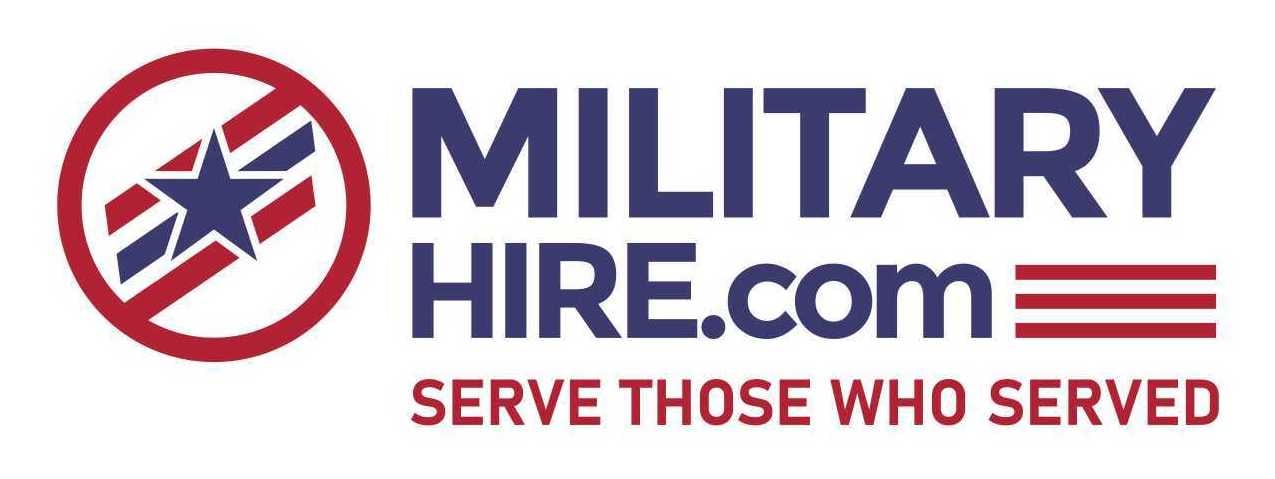Teamwork Interview Questions to Prep for

Preparing for a job interview can be a stressful undertaking, but it’s important to take the time to anticipate the questions you might be asked and to consider how you might respond. For most jobs, there are certain common questions that you could expect to be asked and we’ve covered some of these previously.
In many cases your potential employer will be interested in understanding how you might approach your work tasks as a member of their team. Consequently, you could anticipate a question like: “How do you organize a complex assignment?”
Certainly, in today’s rapidly changing work environment, many assignments are complex. And, as a new member of a work team, just about every assignment you tackle could be complex for you! The key here is clearly conveying that even the toughest, or most complex, task would not throw you for a loop and that you would take a reasoned, methodical approach to getting the job done.
Related Article: How Do You Answer the Interview Question: “How Do You Work as a Member of a Team?”
In an article for Inc., Minda Zetlin offered “5 Foolproof Ways to Get Through a Tough Task” that can offer some insights into how you might organize your response. They include:
Set the small stuff aside. By this she means don’t allow interruptions or distractions to divert you from the larger task at hand.
Break the job into chunks. The most complex tasks can be readily handled if you break them up into logical steps and attack them one at a time.
Use blocks of time. Zetlin refers to the Pomodoro Technique, a time management technique, as one useful tool to help tackle a complex assignment.
Start with a bad first draft. Here Zetlin talks about just moving forward without worry about getting everything “right” or “perfect.” Get off to a start and then allow yourself the luxury of going back to rework and improve.
Reward yourself when you’re done. That reward might be a break, a special meal, a trip to a movie or some other type of outing you enjoy.
So, how might you craft a response thinking of these steps? It might sound something like this: “Whenever I have a complex task to tackle, I like to first start by breaking the task down into smaller chunks or lists of to-do items that will need to be completed. Then I can take a look at my schedule and, based on the due date for the assignment, parse out the smaller tasks over a certain time frame, selecting times of the day when I’m most productive, to make sure I complete the assignment on time. Depending on the type of assignment and the output required, I like to move forward without being too concerned, initially, about getting everything right, or perfect. Then I can come back to make refinements later. Getting started helps me to feel productive and on top of my work.”
Some additional points you might add:
At the outset, I would want a clear indication from my direct supervisor, or whoever assigned the task, of the outcome they were looking for.
I would also want to ask if my supervisor wanted updates along the way and, if so, when and in what format—verbal, written, etc.
Depending on the assignment, I might want to talk with others—for instance, coworkers who have handled similar tasks in the past to understand their best practices and lessons learned. I’ve also found it helpful to research best practices from other organizations or business colleagues, as appropriate, to gain additional insights.
Once the task is complete and enough time has elapsed to evaluate its effectiveness I would also want to debrief with my supervisor and others who may have contributed to the process, so we could identify opportunities for improvement for future assignments.
In addition to describing how you might approach a complex task, it can be particularly helpful to offer an example of when you have tackled a complex assignment. Thinking back to how you’ve handled complex assignments on previous jobs, or during your military career, can help you come up with some examples that could help to illustrate your approach. Specific examples can make a positive impact because they demonstrate how you have done something and not just how you anticipate you might. (It’s actually a type of questioning technique that interviewers use in behavioral interviews: “Tell me about a time when you…”).
Related Article: Give an Example of a Significant Accomplishment
You’ll likely want to share examples of complex tasks that you completed successfully but, keep in mind that, even assignments that didn’t go 100% as you had intended can offer insights into your ability to recover from setbacks and learn from past experiences. In fact, you might also expect to hear a question like: “Tell me about a time you failed.” The interviewer isn’t looking to criticize you because you experienced failure—we all do—but is interested in understanding how you respond to failure, what you learn and how you apply those learnings in future situations.
Because you can anticipate a question related to how you’ve handled—or would handle—a complex assignment, spend some time in preparation for your interview thinking both about the process that you would use and some examples of complex projects that you’ve taken on. What did you learn? What might you do differently in the future? And, finally, how will you use these examples to highlight your project management and process improvement abilities?
MILITARYHIRE HAS JOBS FOR VETERANS
Three steps to success:
-
Sign Up. You’ve served your country. Now let us serve you. Sign up now—it’s free, quick, and easy.
SIGN UP TODAY -
Post Your Resume. Be found by hundreds of veteran friendly companies—post your resume! Don’t worry if it’s not perfect—you can easily update it later!
POST YOUR RESUME -
Search Jobs. Don’t wait for companies to find you. Set up automated Job Scouts to scour our database and notify you of new jobs.
SEARCH JOBS NOW
